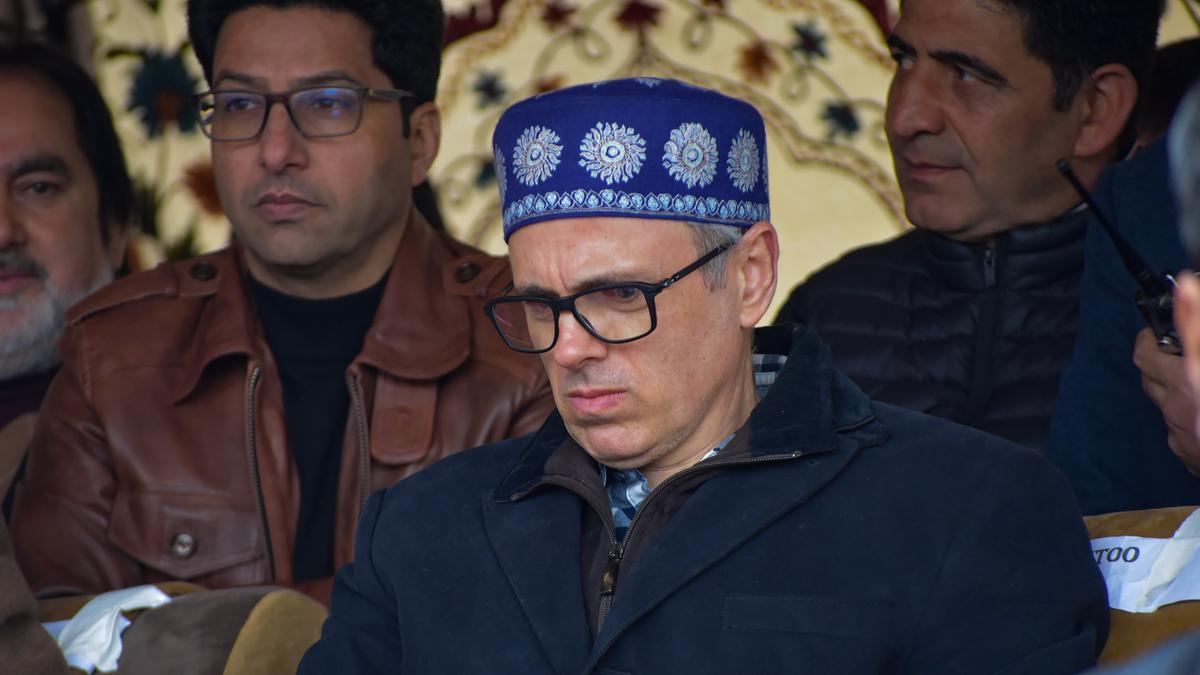The commission said 95% of voters approved the constitution in Monday’s referendum boycotted by opposition groups
The commission said 95% of voters approved the constitution in Monday’s referendum boycotted by opposition groups
A new Tunisian constitution giving far more power to President Kais Saied passed in a referendum with a 30.5% turnout, the electoral commission said on Tuesday, tightening his grip in what critics fear is a march to a new era of autocracy.
The commission said 95% of voters approved the constitution in Monday’s referendum boycotted by opposition groups, which accuse Mr. Saied of staging a coup against the young democracy that emerged from Tunisia’s Arab Spring uprising of 2011.
Opposition groups, which have struggled to counter Mr. Saied since he began amassing power a year ago, accused the authorities of inflating the numbers and said they still recognised the 2014 constitution as the legitimate one.
The new constitution includes changes that shift power back to the presidency and away from parliament which – to Mr. Saied’s supporters – had become synonymous with political bickering and government paralysis.
Mr. Saied has denied accusations that he is a new dictator, and says freedoms won in 2011 are protected.
Fewer people voted in the referendum than in any of the three parliamentary and two presidential elections held since Tunisians rose up against dictator Zine al-Abidine Ben Ali.
Even though the vote was for a permanent change to the constitution, the rules set by Mr. Saied did not require a minimum turnout for it to be approved.
The main opposition alliance said the official results were “false and not credible”.
“Mr. Saied falsified the popular will by falsifying the results,” said Nejib Chebbi, head of the opposition National Salvation Front, which includes the Islamist Ennahda party, the biggest faction in the dissolved parliament.
There was no immediate reaction from Mr. Saied or the election commission to the opposition’s accusation.
U.S. State Department spokesperson Ned Price said Washington noted widespread concerns that the constitution was not written in an inclusive way and that it weakened checks and balances and could compromise human rights. He said turnout had been low.
Speaking on Monday night as he walked among supporters at a rally in central Tunis, Mr. Saied said people were free to boycott the vote “but it would have been better if they had taken part”.
Mr. Saied has said his moves were needed to save Tunisia from years of political paralysis and economic stagnation under a 2014 constitution that split power between the parliament and president.
His initial moves against the parliament a year ago appeared hugely popular with Tunisians, as thousands flooded the streets to support him, but with little progress in addressing dire economic problems, that support may have waned.




